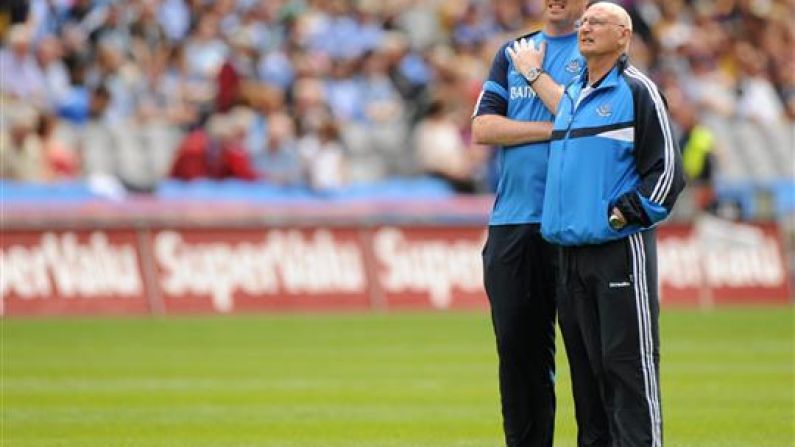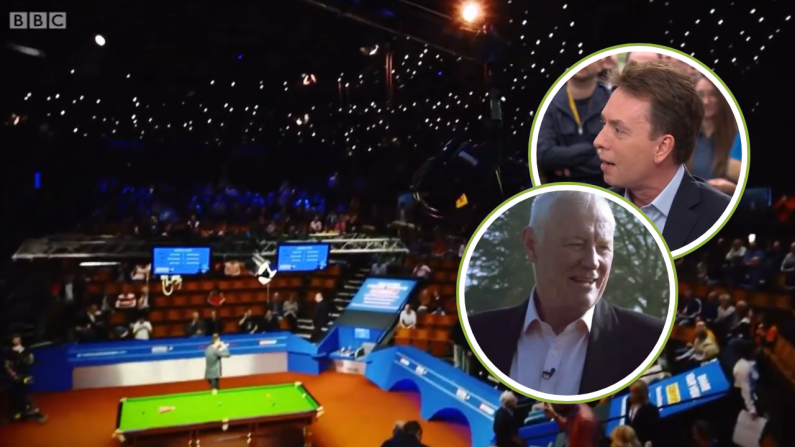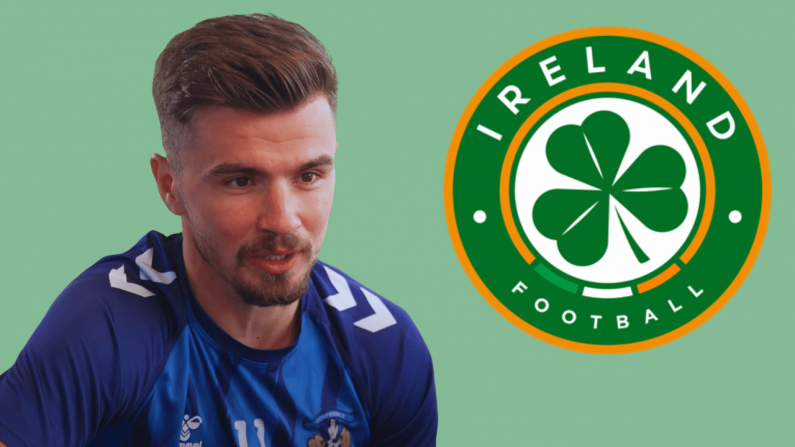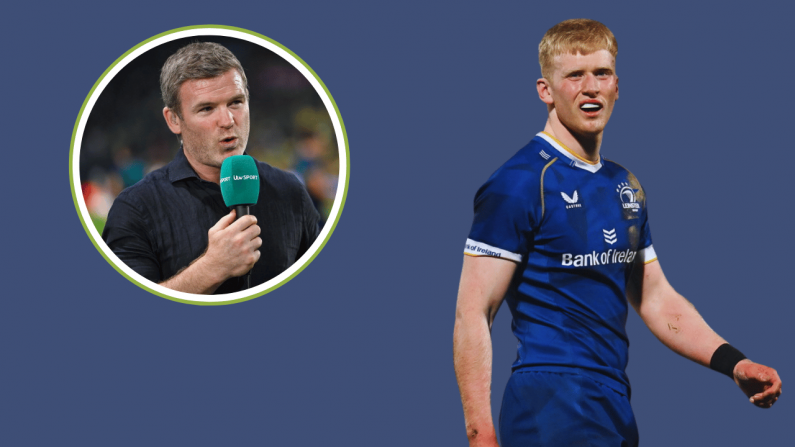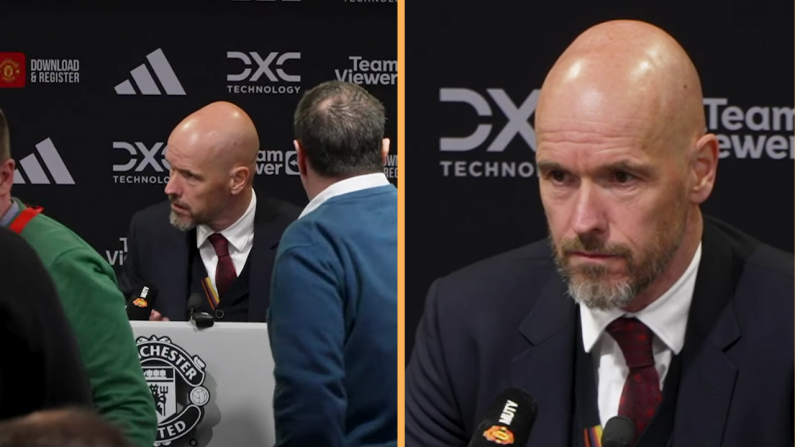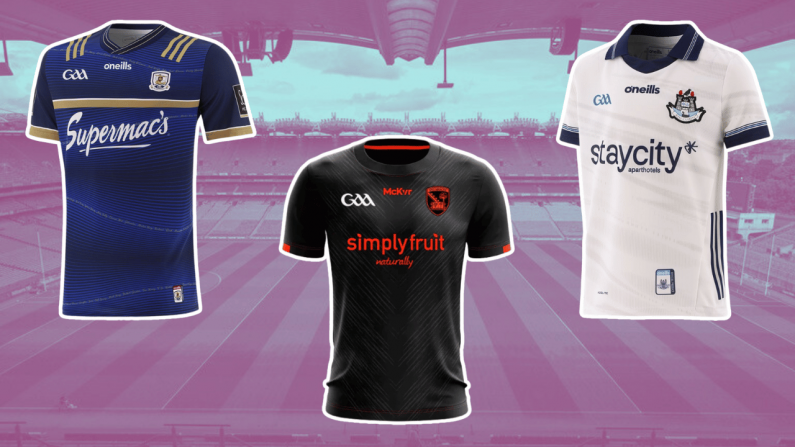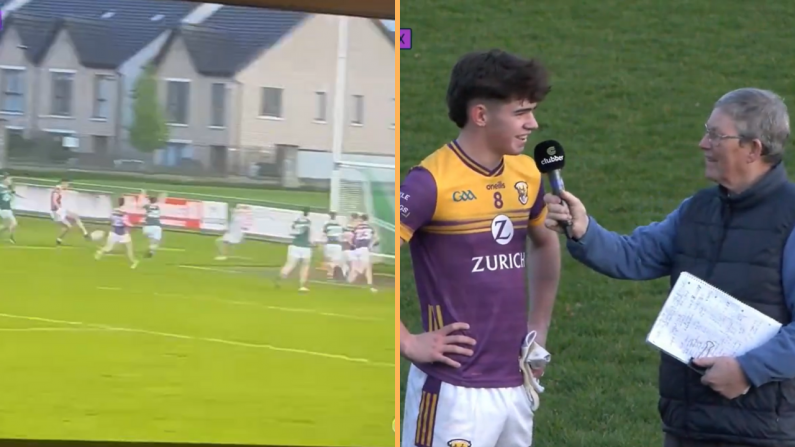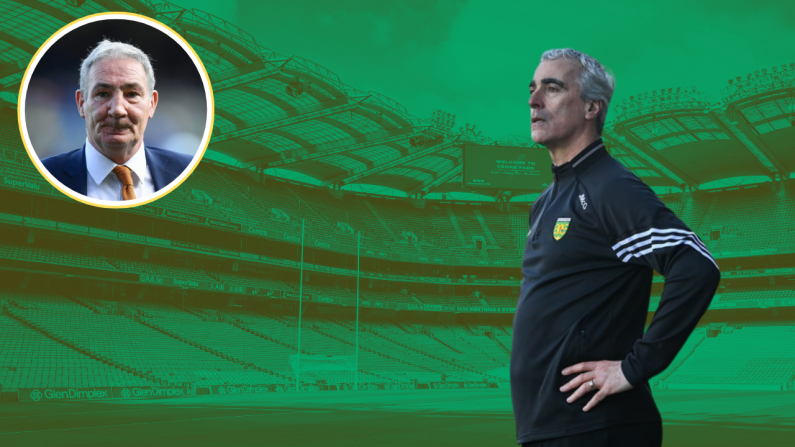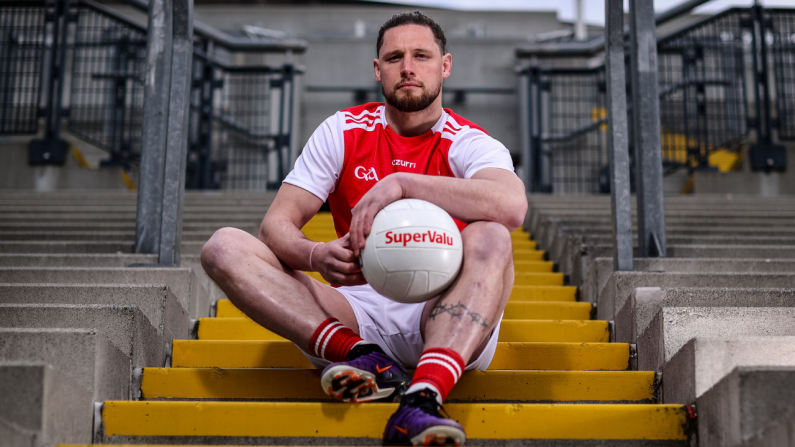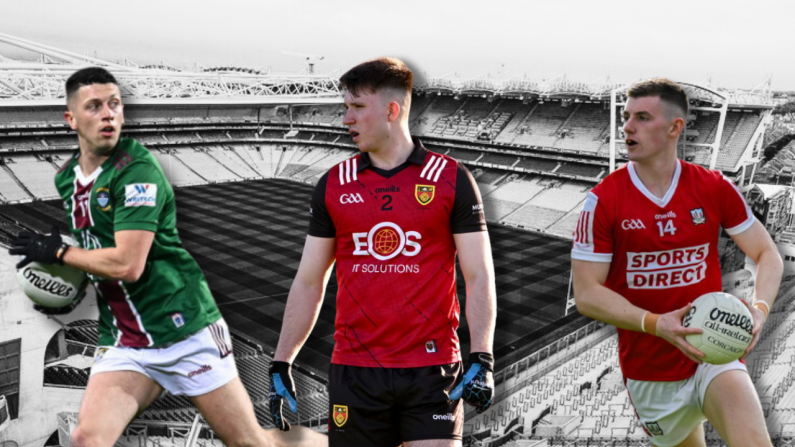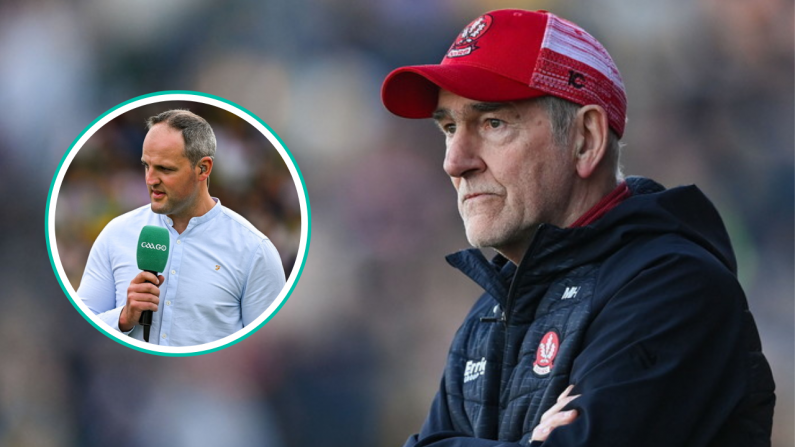Dublin's horrible loss to Kerry in the 2009 All-Ireland quarter-final was a watershed moment. Their five straight Leinster titles, notwithstanding, it was decided that it was root and branch reform time.
Pat Gilroy flipped open the bonnet and sought to comprehensively rewire the Dublin engine, with the immediate result that the vehicle appeared barely roadworthy by the beginning of the championship.
Yes, many forget it now but Dublin entered a short but rather violent period of transition in the early summer of 2010. Most remember an apparently resurgent Meath banging in five goals in the Leinster semi-final - a game which made a mockery of their pretensions towards greater defensive solidity - but an even more dramatic illustration of the Dubs' early struggles is the first round game against Wexford, where the scoreline stood at 0-10 to 0-3 with twenty minutes left. The Dubs rallied to force extra-time and thereafter ran riot.
During the Pillar Caffrey era, the Dubs built a reputation as flat track bullies. They were in their element trampling the Leinster minnows underfoot as the jeering multitudes on the Hill bayed for more.
As soon as they ran up against opposition hailing from beyond their Leinster comfort zone, the results weren't pretty. Like an early-to-mid 90s Premier League champion, they made for Europe thinking they were the shit but found the rude awakening wasn't long in coming.
Gilroy's experimentation began properly during the 2010 League. Northern defensive tactics were embraced resulting in Dublin conceding less than every other team in the NFL bar table toppers Mayo. They just missed out on the League Final to eventual champions Cork by virtue of the head to head.
However, the Dubs stumbled very badly in the championship opener. The first half of their Leinster championship match against Wexford is a forgotten nadir. They trailed 0-8 to 0-2 at half time and by 50 minutes they had added one more point. The Croke Park crowd jeered and booed without mercy.
Backs to the wall, they reverted to type, forcing an extra-time in which they ran riot. Mossy Quinn says Dublin ditched the defensive model for the Meath match, returning to the orthodox, off-the-cuff template that had served them so well in Leinster between 2005 and 2009.
We had played a very different way in the League. We had gone defensive in the League but we returned to the traditional gameplan for Meath in the championship and we were well beaten. And after that game, Pat decided that if we were going to lose again it wasn't going to be by a big score. After that we focused on the defensive system and getting the bodies back.
Goodwill towards the management was non-existent. The day of the qualifier win against Tipperary, one Dublin supporter wrote that he hoped the Dubs would lose so it would force a change of management. Dublin won by few points but it was another scratchy, uncertain display and the chorus were unimpressed.
'It's wasn't a good performance and there was a very low crowd in Croke Park. We were still getting used to the defensive format', Quinn says.
During this period of upheaval, there was much innuendo about the apparently all-powerful behind-the-scenes role of Mickey Whelan, of whose reign as numero uno in the mid-1990s Dublin supporters had unhappy memories.
He assumed the job shortly after Pat O'Neill's ageing team had finally slew the Northern beast and ascended the steps of the Hogan Stand.
Whelan, a double All-Ireland winner as a player who had studied Physical Education in a US university and was one of the first qualified PE teachers in Ireland, arrived armed with a reputation as a brilliant and innovative coach. He had recently helped train the Dundalk team who won the League of Ireland in 1994-95. He was buzzing with new-age ideas.
However, the old stagers who'd been in situ since the beginning of the 90s and before were resistant to change. Whelan's verdict on the 1995 All-Ireland winning team wasn't quite Cloughian but it was bracing and potentially alienating nonetheless. As he told the GAA website a couple of years back.
When I took over Dublin in 1995, they had been used to a different type of training. And they had been lucky to win the All-Ireland that previous year. I was trying to make them a better team but they just didn't buy into my innovation.
After a sour end to his two-year reign, he retreated to the club scene, bolstering his standing at a national level by guiding St. Vincent's to an All-Ireland club championship in 2008. The memory of his first reign as Dublin manager made him a tempting scapegoat as the Dubs struggled to adapt to their new style.
However, his vindication was complete. His influential role in the 2011 All-Ireland win was a very happy postscript to his inter-county management career and has even recast his spell as head honcho in a more positive and understandable light.
Mickey was hugely influential. And the dynamic between him and Pat was excellent. Mickey had managed us in Vincent's to an All-Ireland club in 2008 and Pat was captain. They knew how each other worked. Mickey is a brilliant coach but he Mickey needs a bit of managing too and Pat was able to do that.
Whelan was not the only blast from the past. David Hickey was drafted into the backroom team, though he played down his impact, particularly in the technical and conditioning side of things, describing his role as 'iconic former great' drafted him to implant some confidence in the team.
The nervy Tipp victory was followed by a nourishing three-point win over Armagh, the first inkling that the radical surgery was yielding positive results. Armagh, the 2011 model, were a team in decline but they still boasted a vague reputation from the previous decade. Dublin were still an ungainly mess in the first half, with their new and awkward full forward Eoghan O'Gara receiving the kind of abuse usually reserved for Emile Heskey. His stock would rise massively over the next few years.
The win over Tyrone in the quarters offered, for many, the final proof that the Dubs were back as a serious force. In the end, they were unlucky they didn't win an All-Ireland that year, their discipline costing them late in the day against Cork in the semi-final. And thus a Cork side who never hit the heights of performance shown the previous year eked over the line thanks to a series of placed balls, including a penalty. They progressed to pip a Down side who had delighted the purists with their swaggering, quixotic run to the All-Ireland final.
Like other sides who've immersed themselves in a defensive strategy, the first year consists of ugly victories, low-scoring matches and performances which alienate neutrals and pundits. Once defensive solidity is established, they can add some glitzier features.
For Quinn, it was the middle of the 2010 All-Ireland semi-final when they realised that Dublin were back as a credible force with the capability to win an All-Ireland.
We evolved in 2011. We adopted a defensive strategy and once we got to a certain standard, we were able to open up and add the attacking dimension the following year.
The sexy football unleashed by his successor has stolen some of the historical limelight from Gilroy's achievement in transforming Dublin sunshine boys and nearly-men into All-Ireland champions. Gilroy's winning crop in 2011 were much more workmanlike than the teams which followed them. But then Gavin arrived just at the moment when a uber-talented band of youngsters came of age. We don't know what kind of music Gilroy would have made with those players.
We don't know what Pat would have done if he had came along with the same players. Pat gets huge credit in Dublin. It wasn't that he changed how we carried ourselves so much as how we prepared. And we were physically challenged and mentally challenged during his time. We had been winning a lot of Leinster titles between 2005 and 2009 but Pat arrived and changed our attitude, not to celebrating so much, but he asked us were we happy with that.

